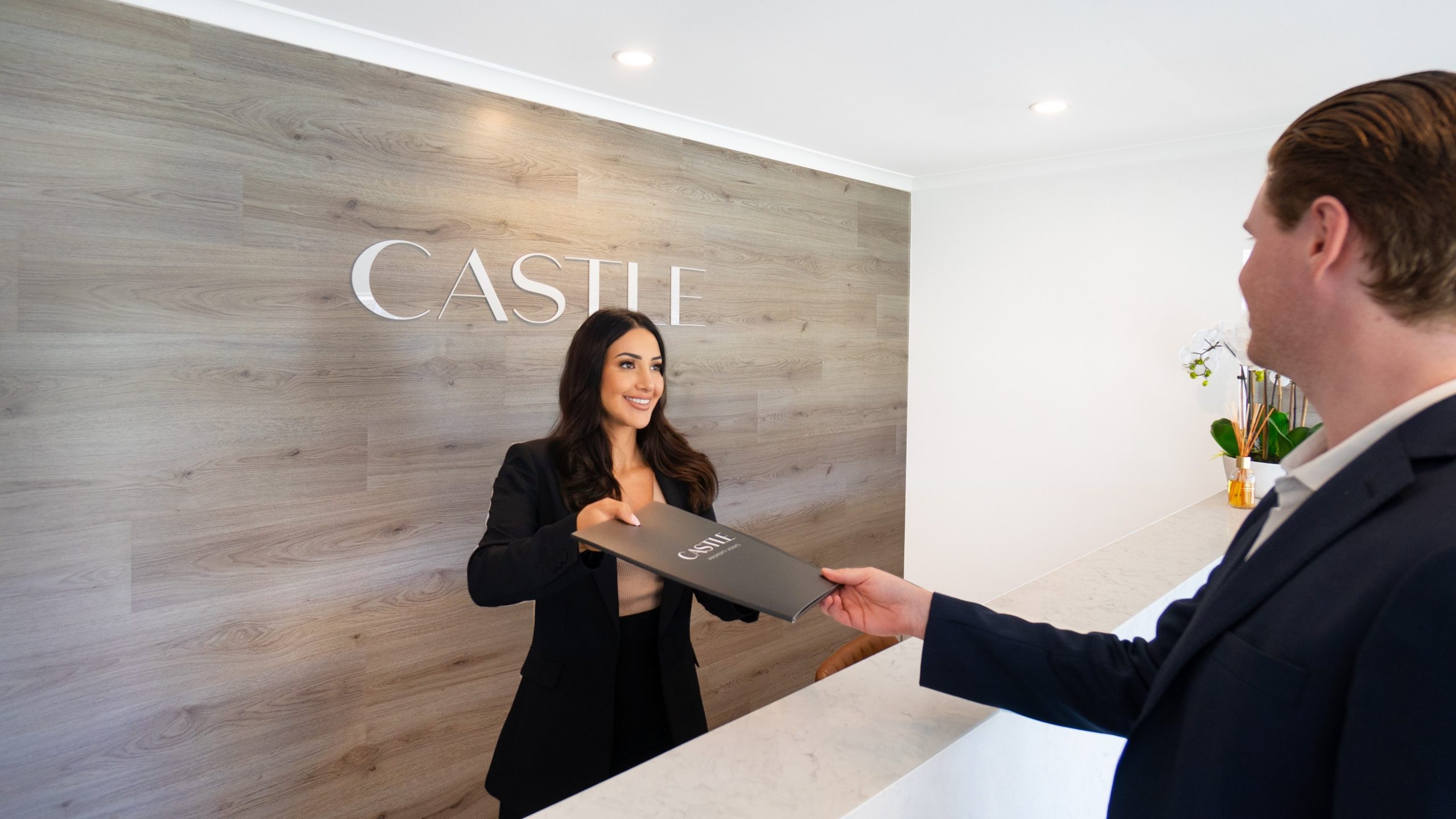During your time in your rental property, you have every right to enjoy the property as your own home, however, there are certain rules & responsibilities throughout the tenancy that you have to follow.
Knowing the rights and responsibilities of tenants and property managers and what to do in certain situations can help make a tenancy run smoothly.
Here we have listed a few helpful tips, rules & guidelines that every tenant should know & follow:-
Office Hours, Enquiries and Advice
If you have any questions, your first point of contact should always be your property manager as they are there to assist you with every detail of the rental process.
Our preferred method of contact is via e-mail, however we can also be contacted via post or telephone. Wherever possible, requests and enquiries should be submitted in writing.
Please also be aware that your Property Manager spends a large portion of their working day away from the office. If you wish to meet with any of the Property Management Team it will be necessary to make an appointment to do so.
Our office hours are Mon to Fri 8:30AM to 5:00PM
Upon Moving In
Upon moving into your new to rental property, you will be provided with a General tenancy agreement (Form 18a), also called a lease. This is a legally binding written contract between you and your property manager. It will include standard terms (e.g rent, length of tenancy etc) and may include special terms (e.g. keeping pets). You and your property manager will sign the agreement and you will be given a copy.
Fixtures and structural changes
Fixtures are objects attached to, or installed in the property. (Examples: picture hooks, locks, clotheslines, cable TV connections, air conditioners, fencing, carpets, satellite dishes etc) The tenant can only attach a fixture, or make a structural change, if the property manager agrees. Requests for approval must be in writing, describing the change and if the fixture will be removed.
Routine inspections
Routine inspections are carried out by our property managers to ensure the property is well cared for and to check if there are any maintenance or health and safety issues. With routine inspections you (the tenant) should have the property in a good condition on the day of inspection.
Routine inspections can be carried out every 3 months and you will be provided with an Entry Notice Form prior to entry. The time of entry by your property manager will be between a 3-hour window (e.g. entry to occur between 9am-12pm).
Maintenance
You are responsible for looking after the property and keeping it well maintained. With any maintenance requests, you must provide them in writing to your property manager and we will attend to your request as soon as possible. Our property managers ensure the property is fit to live in and in a good state of repair, including carrying out general repairs and maintenance during your tenancy.
Repairs
You should notify your property manager of any necessary repairs. We will generally carry out the repairs or organise someone to do them. You should not carry out repairs without written consent. If you or your guests damage the property, you may have to pay for the repairs.
Sub-letting and co-tenancies
If you want to rent out a room or part of the property, you must seek written permission from your property manager. Check your tenancy agreement, talk to your property manager and get any agreed arrangements in writing.
Problems
If you breach the agreement, the property manager can issue a Notice to remedy breach (Form 11). Example: you fall more than 7 days behind in rent or do not keep the property in the agreed condition. If you don’t fix the problem you may be given a Notice to leave (Form 12) by your property manager.
Resolving problems
Good communication is the key to resolving most problems. Find out your rights and responsibilities and try to resolve disputes with the property manager directly. If this does not work, the RTA’s free and impartial dispute resolution service may be able to help.
Extending your fixed term tenancy
If you want to stay on under a new fixed term agreement, and there are no changes other than the end date, you and the property manager should sign a letter or statement that includes the new date. If there are any changes to any of the terms of the agreement, the property manager will need to prepare a new written tenancy agreement. You and the property manager must sign the new agreement before the old one ends. If there is a significant change (e.g. a rent increase you think is excessive) you can dispute it, but only after you’ve signed the new agreement.

